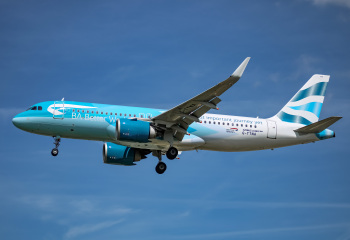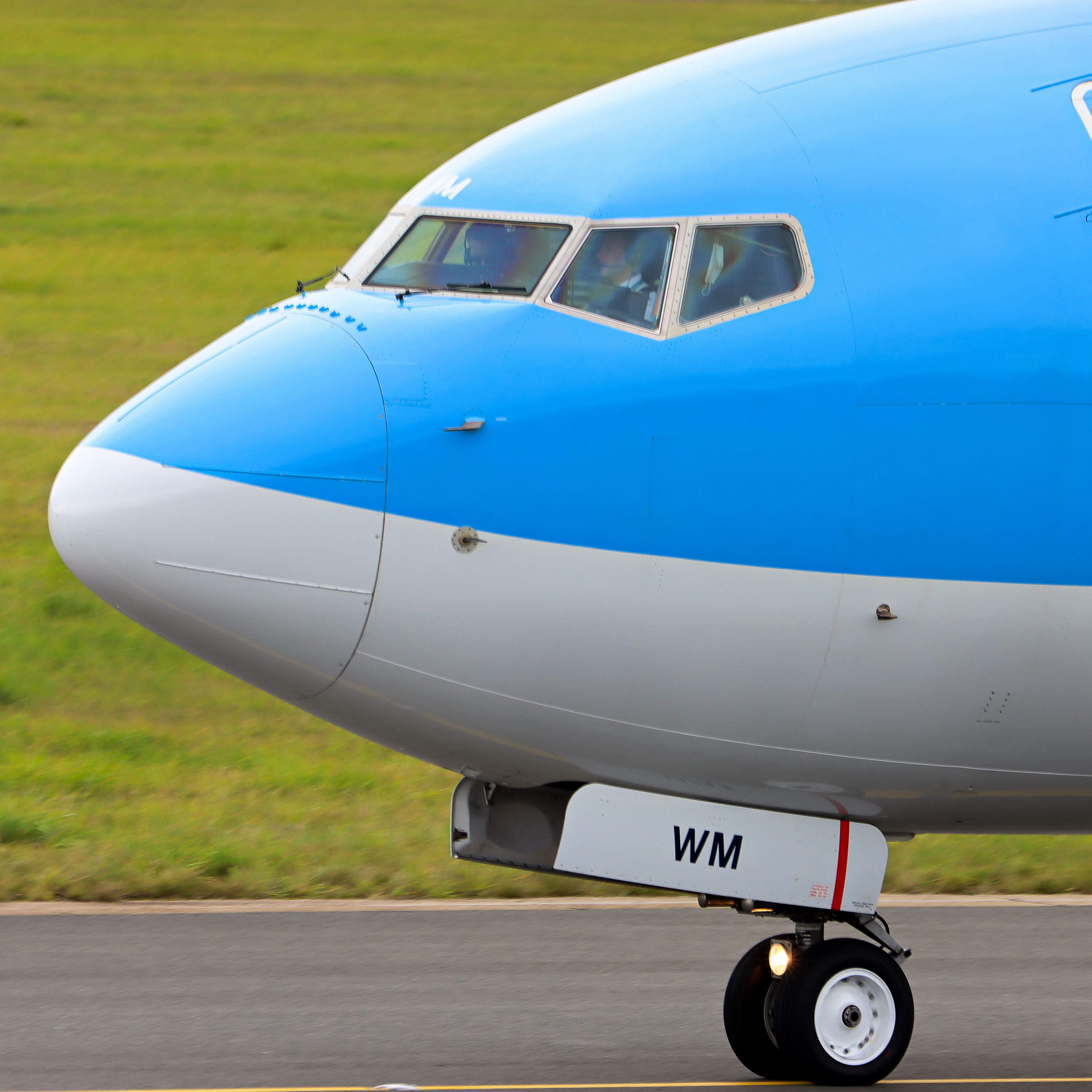The Jet Zero council has met at Farnborough Airport to discuss how the UK government can decarbonize aviation by the year 2050.
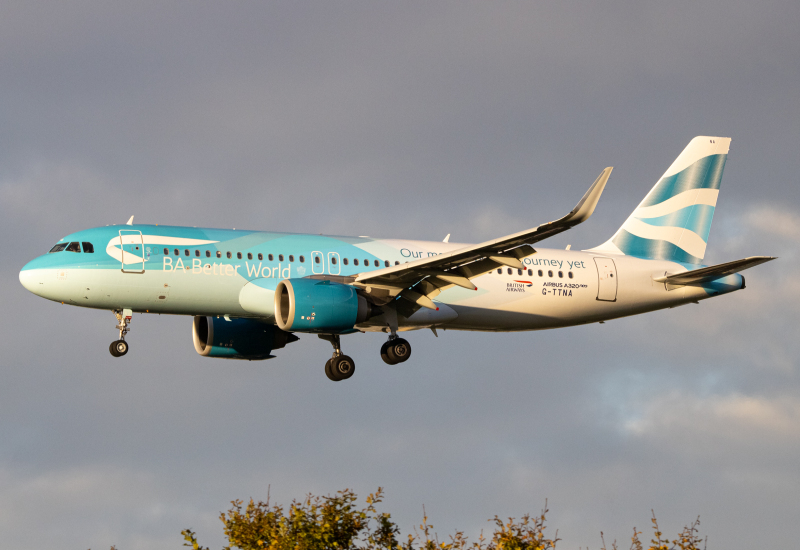
Ministers including the Transport Secretary were part of this large event to discuss the path to becoming a more sustainable aviation hub and G7 country by 2050. The group outlined a plan to be able to meet this goal, which is due to last in the short run until 2025 when they are set to meet again and extend the policies.
The plan sets out how Sustainable Aviation Fuels (SAF) will be used throughout the UK's aviation industry. This includes investing in the type of plants that are needed to produce SAF to support scientific research into this to help reduce the cost in the long run.
The Transport Secretary delivered the keynote speech stressing that a partnership between Government, Industry, and Academia is necessary so that all organizations involved can be on the same page with regard to sustainability.
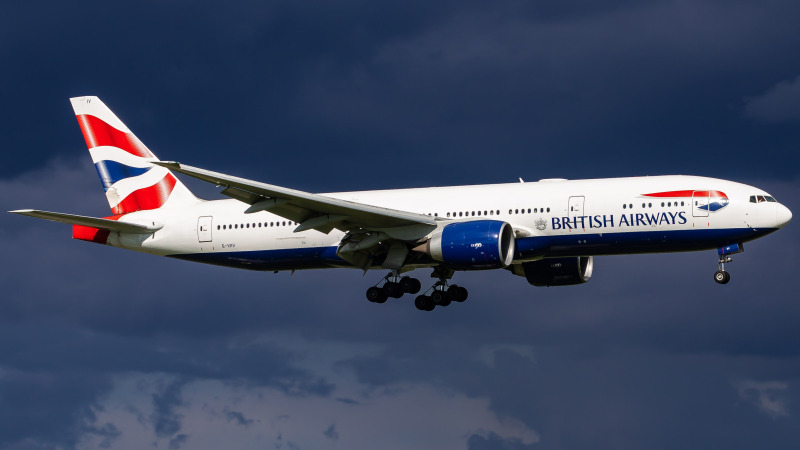
The government response to the report, written by the CEO of Energy Systems Catapult, Phillip New, is in the affirmative that the conditions to meet a successful implementation of SAF are met or are very close to being met within the next two years.
Transport Secretary Mark Harper (Conservative) said:
The government is a determined partner in the UK Aviation industry and it helps to accelerate new technology and evolutions in the industry and will work internationally to ensure that there are no barriers to aviation and the wider industry.
By 2050 the UK government aims to have invested a total of £165 million in SAF and hopes by then to have at least five aviation projects that require SAF to be kickstarted using these funds.
With this, the Government hopes to be at Zero Carbon, with respect to aviation, by the year 2030. However, the main target is to reach this by 2050 allowing them a further 20 years to complete their target.
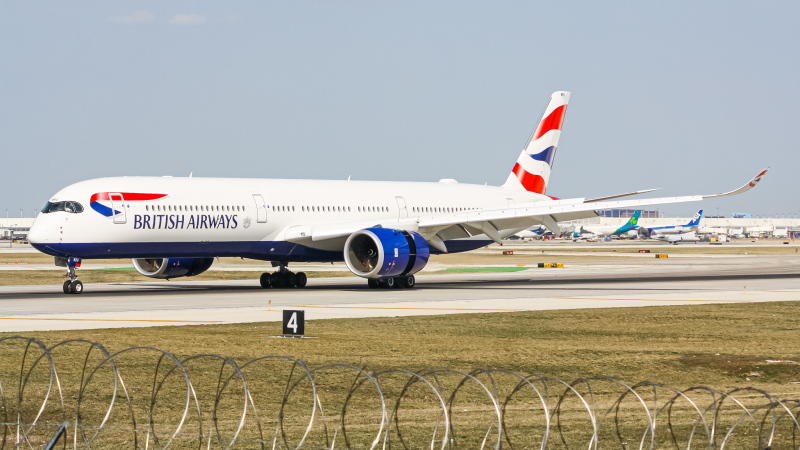
Green liquid hydrogen fuels which were originally used in a study in 2022, are not as effective as the sustainable fuels that are now being created by several companies across the country.
However, it remains to be seen how much time the sustainable movement in aviation will take, as it may not take as long as anticipated (2050). It is hoped that the movement is completed before then so that the UK can become completely carbon-free by 2050, including the removal of diesel cars from sale in 2040.
Bomb Threat Cancels Air New Zealand Flight, Delays Passengers » Emirates Dismisses Viral A330 Plane Crash Video as "Fabricated and Untrue" » Maldivian Airlines Introduces First-Ever Widebody Aircraft, Plans New China Flights »
Comments (0)
Add Your Comment
SHARE
TAGS
NEWS Decarbonization United Kingdom Aviation Industry Climate Change Emissions Jet ZeroRECENTLY PUBLISHED
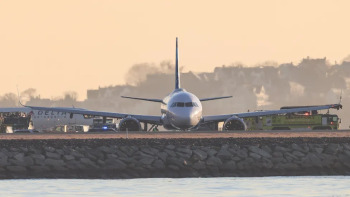 Could You Survive a Plane Crash? The Unlikely Science of Plane Crash Survival
With air travel consistently being heralded as the safest form of public transport, most of us do not board a plane pondering our chances of survival in the event of a crash. But, is it possible to survive one?
INFORMATIONAL
READ MORE »
Could You Survive a Plane Crash? The Unlikely Science of Plane Crash Survival
With air travel consistently being heralded as the safest form of public transport, most of us do not board a plane pondering our chances of survival in the event of a crash. But, is it possible to survive one?
INFORMATIONAL
READ MORE »
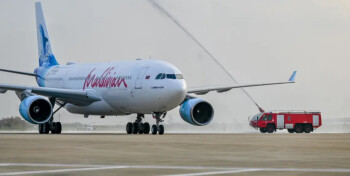 Maldivian Airlines Introduces First-Ever Widebody Aircraft, Plans New China Flights
Maldivian, the government-owned national airline of the Maldives, has just welcomed its first-ever wide body aircraft: the Airbus A330-200. With the new aircraft, the carrier also plans brand-new long haul international flights to China.
NEWS
READ MORE »
Maldivian Airlines Introduces First-Ever Widebody Aircraft, Plans New China Flights
Maldivian, the government-owned national airline of the Maldives, has just welcomed its first-ever wide body aircraft: the Airbus A330-200. With the new aircraft, the carrier also plans brand-new long haul international flights to China.
NEWS
READ MORE »
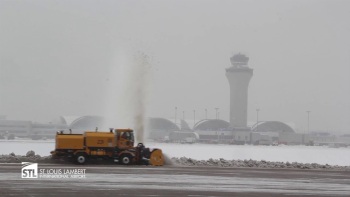 Thousands of Flights Impacted as Winter Storm Blair Hits U.S.
Winter Storm Blair has unleashed a huge blast of snow, ice, and freezing temperatures across the Central and Eastern United States.
As of Sunday afternoon, over 6,700 flights and counting have been disrupted. This includes cancelations and significant delays leaving passengers scrambling to change flights and adjust travel plans.
NEWS
READ MORE »
Thousands of Flights Impacted as Winter Storm Blair Hits U.S.
Winter Storm Blair has unleashed a huge blast of snow, ice, and freezing temperatures across the Central and Eastern United States.
As of Sunday afternoon, over 6,700 flights and counting have been disrupted. This includes cancelations and significant delays leaving passengers scrambling to change flights and adjust travel plans.
NEWS
READ MORE »



